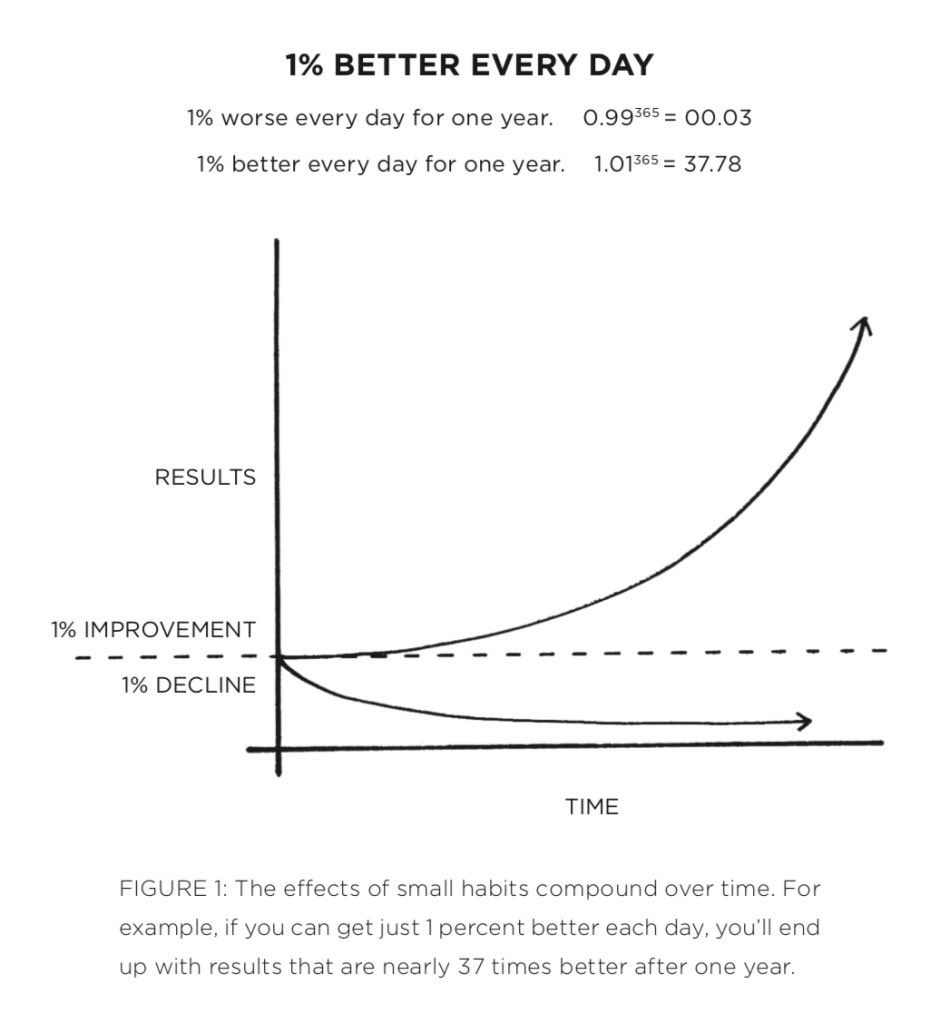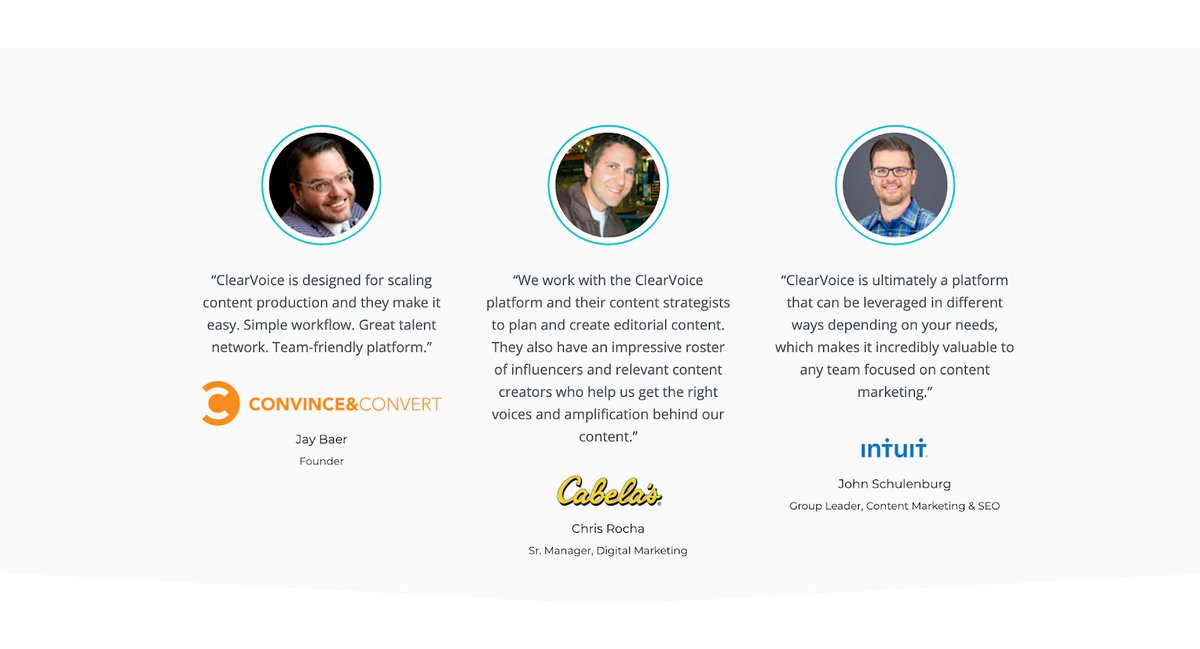One like = one* interesting book pairing
* with an option to give up any time after 100 tweets
Both detailed analyses of social technologies (rituals and games) and how people engage with them by essentially suspending the normal complexities of the world within a structure. Would reward detailed comparison.
Autobiography of someone with schizophrenia paired with a detailed phenomenological analysis of what it's like to be schizophrenic. The latter would be an interesting lens to read the former through.
The reason for the pairing is fairly obvious, but each of these has had significant and distinct impacts on my understanding of love.
(Both are fairly religious and/or spiritual)
Both books about our emotional relationship with interpersonal conflict. The combination significantly moved the needle on how conflict averse I was, in ways that were very helpful and neither have would on their own.
Nontraditional books about ethics, with a focus on how we experience the world ethically in practice. Even if you know a fair bit about philosophy of ethics, each will probably teach you something.
Detailed phenomenological description of depression and what it's like with a bunch of interesting over-simple mechanical models of the mind. Looking at former through lens of latter was very useful.
The latter argues that games serve as a kind of "library of agencies" in which we learn different agential modes that we can use to navigate the world. The former is a worked example of doing that with poker.
Same as (7) but with tennis instead of poker. Also the section on "Competition" in "The Inner Game of Tennis" pairs very well with GAaA's discussion of aesthetic striving play.
Detailed explanation of the subjective experience of depression paired with my current preferred intro book on how to explore your own subjective emotional experience.
Both fun and slightly ridiculous self-therapy techniques for getting to the bottom of seemingly intractable emotional blocks. Hard to take seriously, and the better for that. I need to spend more time with each.
Self-Therapy is about Internal Family Systems which is like the respectable Western version of Feeding Your Demons. It's better organised, has important features the other lacks, but is less fun and feels less targeted.
The Emotion Machine provides a lot of useful mechanistic metaphors for how to think of your mind as organised into independent parts, and Self-Therapy is about how to work with parts of yourself. The former helped me with the latter.
All About Love is about how love allows two people to contribute to each other's spiritual growth. Feeding Your Demons is about how to turn that process on yourself by directing love at neglected parts of yourself.
Both are detailed but practical phenomenological studies of the human condition and what it's like to have subjective experience, and how it's much weirder than you might otherwise have expected.
Both teach us interesting and important things about what James C. Scott calls "metis" - embodied practical knowledge about the world - and how it exists in communities.
A significant amount of the former is about expressing scepticism regarding introspection, both naive and trained, while the latter is about how to do introspection. Each a good counterbalance to the other.
Two extremely different (but complementary) takes on the limitations of encoding knowledge in the written word, and the broader cultural "library" we create.
Detailed and complementary discussions of the interplay between power and knowledge - who gets to have the privilege of being able to interact as epistemic equals.
The latter is effectively a detailed first person account of being on the receiving end of a number of the themes of the former, and also includes discussions of epistemic injustices missed out of its taxonomy.
Pairing because both books contain good discussions of gender from the perspective of a nonbinary author. The former is more autobiographical, the latter a more practical guide that is directly useful to everyone.
Odd pairing but a legit one I think. One of Voices's chief metaphors is that of "voices of conscience" who argue amongst themselves. Self-Therapy is good for exploring those arguments.
Both books significantly improved my understanding of relationships, both romantic and friendships, in ways that work well together and more than the sum of their parts.
Both books about the interaction between the messy reality of humanity and the desire to put us into tidy boxes, and how it interacts with power. Very complementary ideas and examples.
The former's chapter on competition pairs very well with the latter. It's tempting to fall into a pattern of being too nice to someone, never trying to "win", but this denies them opportunities to grow.
Easy pairing. Both are about toy models of positive-sum (i.e. both parties can win) games and what they tell us about human behaviour. Former is about gender, latter about war, but both very informative in general.
The former helped me have a much more nuanced and interesting view of what conflicts are when reading the latter. Conflicts are anything where goals are misaligned, even when not really "opposed". This happens a lot.
Both are about classification schemes as applied to people and how these interact with power. Very different, mostly complementary, takes, with each focusing on different upsides and downsides.
Interesting and quite disparate takes on interpersonal relationships. Not quite sure why I feel this pairing is good, but I feel like a person who internalised both books would be substantially better off for it.
Latter has lots of detailed discussion about norms and how they evolve in communities, and you can see a lot of this playing out in interesting ways in the technical community of the former.
Because literally nobody else will ever suggest this pairing.
Err. That is to say, because I often find the frame of "legibility" extremely useful for understanding the complexities of gender and queerness in general.
I like this pairing because they each have interesting and different things to say about the role of emotions, are by respectable neuroscientists, and profoundly disagree with each other about the feeling/emotion distinction.
I find the latter a useful set of metaphors to reason about the more biologically informed information presented in the former. Helped me connect it up to actually practical material.
One of the core arguments of former is that precisely labelling our emotional states is very powerful for improving our experience of the world. The latter is a detailed guide on how to do that.
Similar reasons but different toolkit: Latter is about how our emotions derive from how we frame the world, and how we can use reframing to improve our experience.
Very overlapping themes. Former is much more about the psychological theory, latter lots of worked details about how to apply it to your life in specific (especially relational) contexts.
Former is about people's actual moral intuitions, latter is about how those develop. I find the former's model unconvincing but the examples are very interesting and illustrate latter well.
Feels like a very complementary set of tools - each can involve investigating "inner children" parts of your mind and pouring love on them.
Each of these have interesting things to say about the interactions of technical communities with those outside those communities, and containing complexity. Not totally sure about this one but it feels interesting.
I think of these as "The good books about technical rationality". Both overly naive about its limitations, but articulate the viewpoint well and are worth reading for that.
The former has a lot of stuff about how experts are really unwilling to adopt simple rules that outperform their expet judgement. You'll understand why they do that better by reading latter.
Both good books about the shadow (in the Jungian sense) and how to navigate it. Somewhat overlapping, somewhat complimentary, stylistically and aesthetically *incredibly* distinctive.
Another weird pairing but one I feel quite strongly works. The former is much more enlightening when read through the lens of the latter's discussion of norm acquisition.
The latter is a very good cold shower for when reading too much Scott makes you want to to throw everything in and go start an intentional community with all your friends.
The latter has a lot of really good models for how to arrange people in small groups for a variety of purposes, which is interesting to contrast with the near free-for-all of the former.
The discussion of differing agential structures and multiplayer games in the latter sheds a lot of light on the tools of the former, which can be thought of as game design applied to meetings.
Partly because the pairing is funny, and partly because they describe two very different relationships with books that I think it's useful to be able to fluidly switch between.
Two very different takes on dating and relationships, both good in their own ways - the former is very cishet male (but I unironically think it's very good), the latter very queer. Both valuable perspectives.
Two books about a particular style of writing (plain, fairly practical and technical, but with a journalistic focus). The former is a great lead in to the latter and much better to dip into.
Two books about different writing styles (the former more workmanlike, the latter more rhetorical), with the latter providing a good set of tools for reasoning about different styles and when to use them
The latter discusses the fundamental differences between spoken and written communication, and how this affects the way people think. Ties in well with the former's comparison of spoken and written rhetoric.
A recurring theme of the latter is how "flat" written communication is compared to oral, and how many conflicts are escalated by trying to have them in textual form, when a phone call or face to face would defuse them.
Both very Christian (indeed, both Catholic) discussions of the nature of love, which are almost completely unlike each other. The former is very philosophical discussion, the latter more poetic oratory. Each have quite different focuses
This is a ridiculous pairing which makes no sense, but I stand by it. The justification for it is something like "Positive visions of confident masculinity".
Social skills learned in two very different scenarios - hostage negotiation (high power, high stakes) and customer service (low power, low stakes until not). Very interesting to compare and contrast.
Feels like a lot of overlap between the two styles, with the latter teaching you a lot about how to communicate your needs. The former feels much more practical. Suspect the two synthesise well.
I'm pretty -1 on NVC as a way to talk to people in general (I think it's very useful in some circumstances, but as a set of norms it's a disaster), but talking to parts of yourself seems like an excellent use case for it.
Two books on safety critical systems and how people behave within them. The former is riveting, the latter is... not. However the latter is very useful, and the former helps enjoy it.
Both contain important discussions of technical expert communities and how they interact with the world and other people, each describing an important piece of the puzzle.
NVC is best thought of as a particular mode of conversation that you can adopt, and I think in that regard designing group structures around it and similar has a lot of interesting potential.
The latter can be thought of as a book about how people weaponise the work of the former, by adopting writing styles that obfuscate your point to impress and deflect criticism.
Bit of an eccentric pairing, but I kinda like the latter as a guide for navigating a world which is rife with the former. If people write "important" books that are not worth reading, why read them?
Former is about the difference between oral and literary cultures, the latter about how oral cultures spring up in marginalised populations within literary cultures to protect themselves.
More from Book
It has been exactly 3 years to "how fund managers .." was released. The book took a lot of time to write. Here is a short thread about how it happened ..
2/n the idea came from @kan_writersside who got me in touch with Dibakar Ghosh at @Rupa_Books .. we discussed the idea that it has been 2 decades to the fund management industry and it deserves a book. A lot was written about about Bharat Shah, Prashant Jain and S.Arora..
3/n but there was not much information about investment philosophies and the overall environment of the mid 90s and later on. Kanishk and Dibakar wanted a broader book for everyone and not just the stock market reader. We went to work
4/n we decided to write about the dotcom boom and bust where it all started. The start fund managers came from there. In Feb 2000 IT index had a pe multiple of 420 and the market cap of the sector was 34% of the market. Banks were 5% and some analysts were still bullish
5/n prashant Jain was one of the few fund managers who was out of the sector in November itself and was quietly watching the index go up. There were others but the legend of Jain was at the top of the mind because it is believed he refused to meet the CFO of a big IT company ..
Bharat shah's Word of wisdom
— Investment Books (@InvestmentBook1) December 5, 2020
-Thumb rule to create Value Investing
Image Courtesy : @ms89_meet
How Fund Managers are Making You Rich: Discover Ways to Tame the Bear and Ride the Bull by @lonelycrowd https://t.co/hKirKY0BtC pic.twitter.com/mbh2gm3Iuo
2/n the idea came from @kan_writersside who got me in touch with Dibakar Ghosh at @Rupa_Books .. we discussed the idea that it has been 2 decades to the fund management industry and it deserves a book. A lot was written about about Bharat Shah, Prashant Jain and S.Arora..
3/n but there was not much information about investment philosophies and the overall environment of the mid 90s and later on. Kanishk and Dibakar wanted a broader book for everyone and not just the stock market reader. We went to work
4/n we decided to write about the dotcom boom and bust where it all started. The start fund managers came from there. In Feb 2000 IT index had a pe multiple of 420 and the market cap of the sector was 34% of the market. Banks were 5% and some analysts were still bullish
5/n prashant Jain was one of the few fund managers who was out of the sector in November itself and was quietly watching the index go up. There were others but the legend of Jain was at the top of the mind because it is believed he refused to meet the CFO of a big IT company ..























